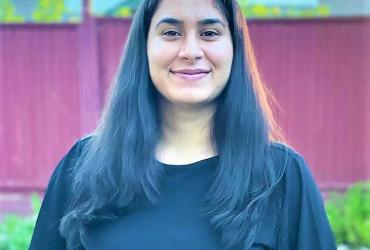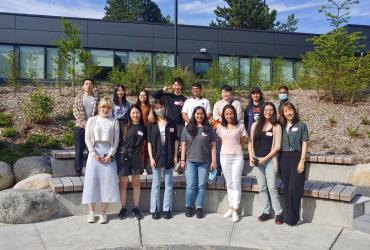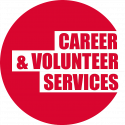The Career Boost Canvas course modules were very detailed and informative, they had the key resources I needed to create a strong resume and cover letter from scratch. One of the most important things I learned was how to re-frame my academic and volunteering experiences into skills that can, and do, transfer into the workspace. I found the S.T.A.R / C.A.R approach and accomplishment statements to be really helpful in phrasing my experiences in a concise yet impactful manner.
Previous Experience
I had minimal work experience prior to applying for the Career Boost program during my second-last term at SFU, having only briefly worked as a barista in Canada a few years back, and I did not complete co-op either.
Preparation Tips for Future Students
My main takeaways from the initial preparation stages for job applications and interviews:
- Be open and curious when looking back on your own non work-related experiences, especially if you have a tendency to downplay your skills and achievements, you are much more knowledgeable and capable than you may believe.
- The modules have an abundance of resources and they are a great starting point for those who aren't sure of what to do.
- Reach out and speak to the program coordinator(s)! They are here to support you and they know what they're doing.
- Make appointments with Career Peers to review your resume and/or to practice for interviews.
- Approach opportunities with genuine curiosity and willingness to learn.
- You miss 100% of the shots you don't take.











